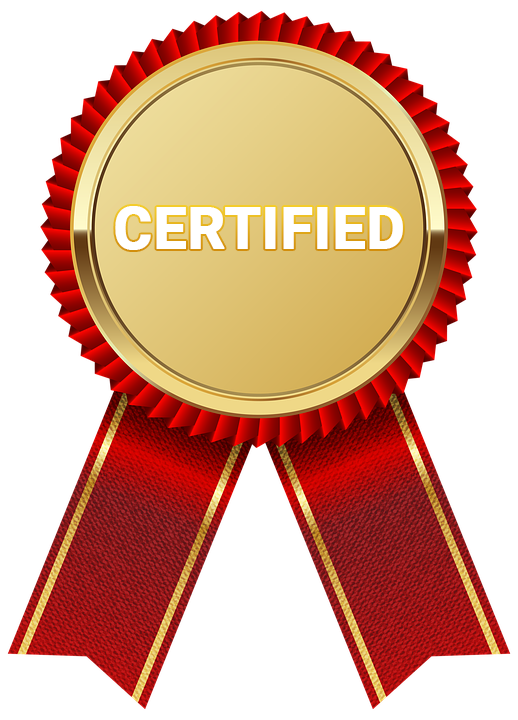Learn About Big Steps Foundation, LLC
Implemented empirically-supported methods in Applied Behavior Analysis (ABA) such as discrete-trial teaching, pivotal response training, generalized imitation training, echoic/vocal mind training, incidental teaching, and natural environment teaching to improve and enhance overall cognitive, speech/language, social-emotional, motor and adaptive functioning.
Highest Success Rates
Providing functional behavior and reinforcing positive behaviors.
Licensed Behavior Analyst (LBA)
Provided one-on-one instruction with student to provide the needed attention to each client.

12+
Certifications

NY Special Education Teacher,
Grades 7-12, Birth -2

Board Certified Behavior Analyst
(BCBA)

Licensed Behavior Analyst
(LBA)

Certified Autism Specialist
(CAS)
Applied Behavior Analysis (ABA)
It is a scientific approach that focuses on understanding and improving behaviors. It involves studying how behavior works in real-life situations and applying interventions based on principles of learning theory. ABA is commonly used to help individuals with autism spectrum disorder (ASD) by addressing a wide range of skills and behaviors.
ABA therapy for children with autism typically involves breaking down skills into smaller, more manageable steps and using positive reinforcement to encourage desired behaviors. This may include teaching communication skills, social skills, self-care skills, and reducing challenging behaviors. ABA techniques are tailored to the individual needs of each child, making it a highly personalized and effective intervention for children with autism.
By using ABA methods, children with autism can learn new skills, improve their communication and social interactions, and reduce problem behaviors. ABA helps children with autism reach their full potential by providing them with the tools and support they need to thrive in various environments and achieve their goals.
